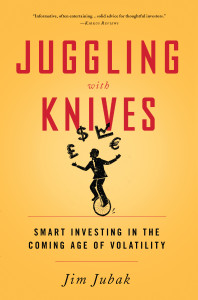Dear Liz: I have little to no information — good or bad — in my credit reports. I am considering obtaining a secured loan from my credit union to establish better credit. Does it make any difference to my credit score if the credit union reports the loan as “secured”?
Answer: Credit scores don’t treat installment loans differently based on whether they’re unsecured, with just your promise to repay, or secured, which means backed by an asset such as an amount on deposit with the credit union.
What matters is how you pay off the loan (every payment should be on time) and whether the account will be reported to all three credit bureaus, so that you’re building scores at all three. Call and ask, because not all credit unions report to all three bureaus.
You also might want to consider a secured credit card, because having both types of credit accounts — installment and revolving — can boost your scores. Again, it’s important that you pay on time and that the card is reported to all three bureaus. You should use the card lightly but regularly and pay the balance in full each month for best results.
 Today’s top story: How to tell when financial advisors are worth the fee. Also in the news: Making your personal finances fun, how to prepare financially for starting a family, and uncovering tax myths.
Today’s top story: How to tell when financial advisors are worth the fee. Also in the news: Making your personal finances fun, how to prepare financially for starting a family, and uncovering tax myths.  Today’s top story: Why Millennials fear filing taxes online. Also in the news: Using the 4% Rule to determine when you can retire, tips for doing your own taxes, and five things you should never do with your 401(k).
Today’s top story: Why Millennials fear filing taxes online. Also in the news: Using the 4% Rule to determine when you can retire, tips for doing your own taxes, and five things you should never do with your 401(k). If you’re struggling to make ends meet, your problem may not be too many lattes or dinners out. It may be sitting in your driveway.
If you’re struggling to make ends meet, your problem may not be too many lattes or dinners out. It may be sitting in your driveway. I’m giving away two copies of my friend Jim Jubak’s new book, “Juggling with Knives: Smart Investing in the Coming Age of Volatility.” This book arrives at the perfect time, as you can see from this
I’m giving away two copies of my friend Jim Jubak’s new book, “Juggling with Knives: Smart Investing in the Coming Age of Volatility.” This book arrives at the perfect time, as you can see from this  Today’s top story: Investing your tax refund so it feels like splurging. Also in the news: IRS scams to avoid, financial mistakes to watch out for, and being frugal without wasting your time.
Today’s top story: Investing your tax refund so it feels like splurging. Also in the news: IRS scams to avoid, financial mistakes to watch out for, and being frugal without wasting your time.